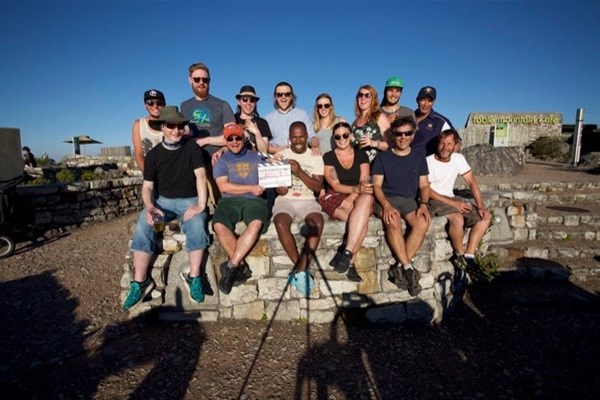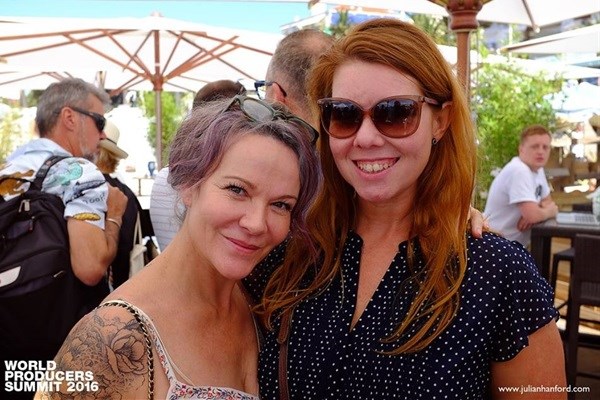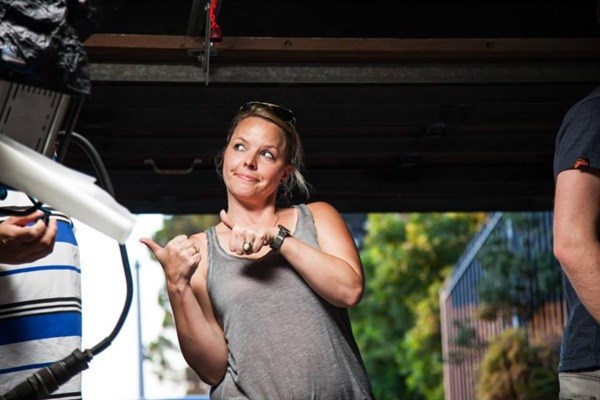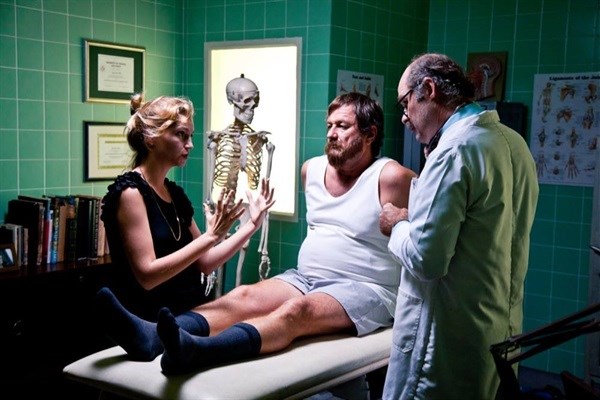#WomensMonth: Groundglass sets local producers' focus
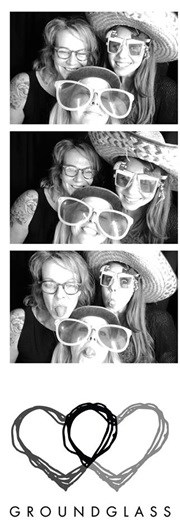
“It’s terrible to think that nobody knows what a ‘groundglass’ is anymore in this digital age – it was a critical piece of equipment on film cameras back in the day, quite literally an expensive and tiny piece of glass that sits at the back of a camera.”
While it was originally used for manual focusing purposes, in advertising it was used to give an indication of “TV safety” for titling, and would assist the cinematographer with framing for different film formats. The groundglass is still used, it’s now electronically built into cameras today so is purely a setting.
That’s De Villiers’ explanation of the relevance of the name ‘Groundglass’. More than this, they’re a female-strong production company – women make excellent producers, De Villiers interjects – with an extensive work catalogue over the past 15 years that covers commercials, music videos, documentaries and short films. As such they pride themselves in representing some of South Africa’s top emerging directors as well as top international names.
For example, in 2014 Natasja Fourie produced the award-winning “The Man with the Heavy Leg” work that was also a Cannes entry, and De Villiers herself produced ‘100% Human with Hair’ TV series pilot, embedded below:
It’s interesting as De Villiers points out it’s widely accepted that women, more often than men, pay attention to detail. That’s why Groundglass prides itself as being exceptionally well managed, because the team cares about every aspect of conducting business. From ensuring they have a well-trained and committed staff to ensuring they go above and beyond clients’ expectations to ensure they deliver phenomenal service.
That’s why Dan Mace, also on Groundglass’ books, won two silver screenings at the Young Director Awards in Cannes 2016 and as they diversified a few years ago, they no longer shoot just television commercials, now focusing on a lot more short film, web content and non-traditional work.
More training and support = stronger business leaders
De Villiers feels we should definitely be doing more to boost strong female leadership in SA. She says while BEE is a phenomenal practice and is definitely bridging the gap to empower black women, more emphasis needs to be put into training and upskilling to ensure that women are equipped to lead. “Business owners need to start putting an emphasis on using their own framework to support and nurture talent – it’s not only a governmental issue, but also a societal one that we all need to address and improve.”
More specifically, she says there’s no question that the advertising industry is far from diverse enough – here or internationally. “Female directors in particular see way fewer boards than their male contemporaries, and are very limited in the jobs they get – mostly beauty and female hygiene!” To turn these stereotypes on their head, De Villiers says women should be given much more creative respect and acknowledgment in our industry.
Another way the limelight gets stolen is when ad agencies bring home trophies for work done by production houses. It's a topic close to De Villiers' heart, as she's given quite a few talks on diversity in film over the last two years, at Cannes and Ciclope in Berlin in particular. While De Villiers isn’t sure the situation will ever change, she says the way consumers view advertising these days is enough to slowly flip the situation organically, as film companies now play a far bigger role in content creation and are far more agile when it comes to online communication and doing good work. She’s excited about it all and thinks we are moving back into a far more creative space at the moment, predicting that the ad industry is going to look very different in 10 years’ time.
Based on the agency’s international work, she predicts the industry will become much more creative as soon as we see more relationships change and evolve. She has noted far more collaboration between creative directors, producers and directors – an indication is how many top creatives are leaving agencies to work directly with brands and brands working directly with creative teams who are not attached to agencies.”
De Villiers feels process has got in the way of creative in the last few years, as big media houses want to own more of the supply chain, and with today’s ‘switched on’ consumer, who wants to see engaging content that has integrity and relevance to them personally – especially as they have a choice as to whether to even view it or not – the more creative you are the better you will do.
Production companies are at the creative end of the ad chain, which is why De Villiers feels it’s a very exciting time to be a talented young filmmaker. The rules of engagement are changing – and the work is only going to get better.
For more on Groundglass, click here to visit their website and follow their successes on Twitter.









